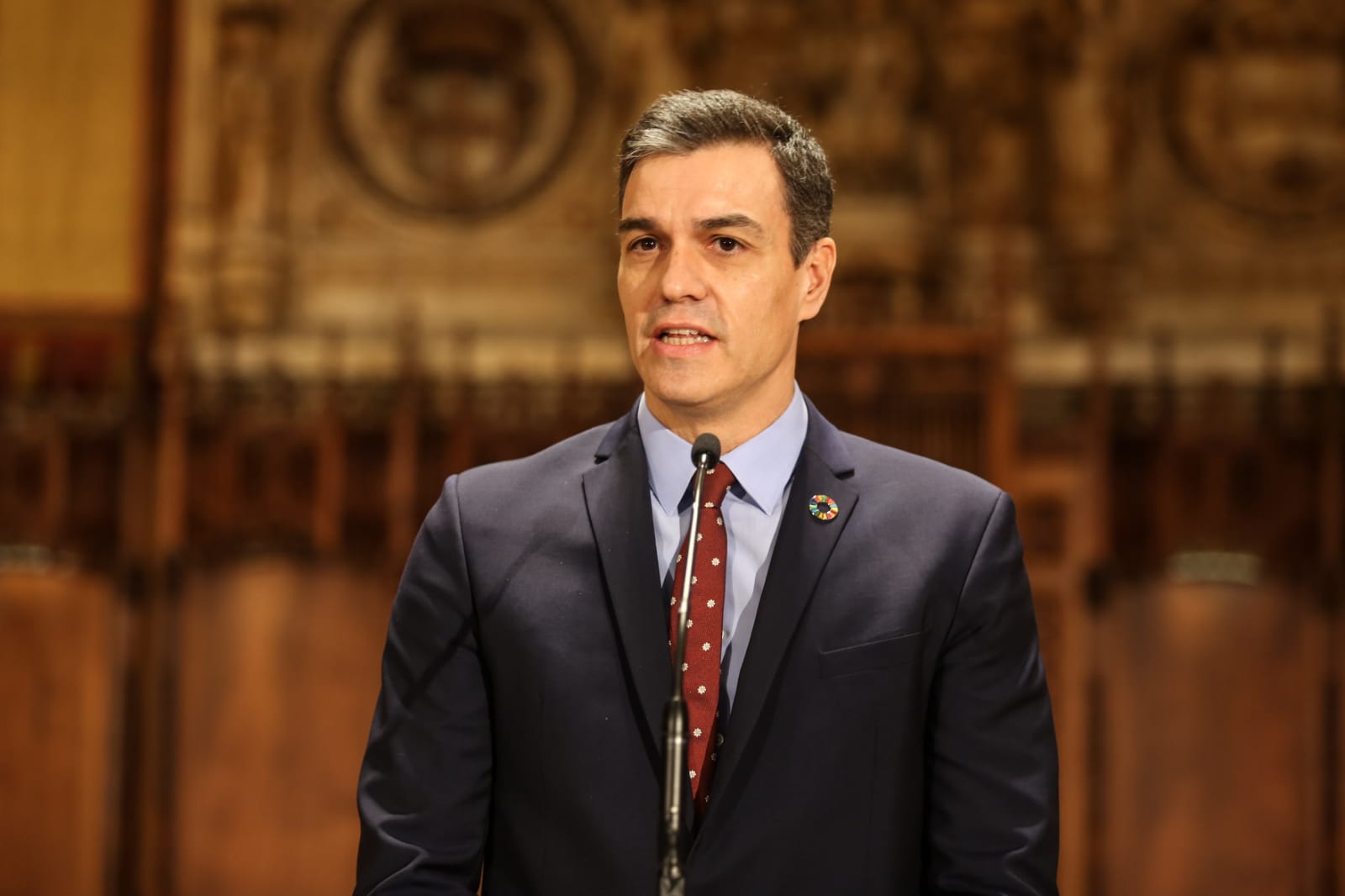All the machinery has been readied for the Spanish government's pardons to the Catalan pro-independence prisoners. And prime minister Pedro Sánchez wants to explain and justify the measure himself. Accordingly, next Monday, 21st June, he will present the decision to Catalan society, in a large event at the Liceu, Barcelona's opera house, with an audience of 300 people from Catalan civil society. The title of the event: Re-encounter, a project for the future of the whole of Spain. Thus, all the signs are that the pardons could be approved next Tuesday at the weekly meeting of the Spanish cabinet.
The event, which has been communicated to Catalan president Pere Aragonès, aims to present the promised new phase of thawed relations between the two governments. There was already a teaser for this, ten days ago, at a business event in Barcelona where Pedro Sánchez and Aragonès met briefly. And the Spanish PM's agenda in the Catalan capital is intensifying, with his presence this Friday at the meeting of employers' body Cercle d'Economia. The big event on Monday at the Liceu will take place at noon. In addition to the pardons, Sanchez may talk about reactivating the bilateral dialogue table between the two governments.
However, the Spanish executive has not yet confirmed the date of the pardons. At a press conference this Thursday from Madrid, after Sánchez's meeting with Andalusian president Juanma Moreno, government spokesperson María Jesús Montero limited herself to saying that it will be "soon". She defended that the will of the central executive "is not so much to do with the specific situation of each person, as with opening the way for coexistence, concord and dialogue with Catalonia".
This event comes just one week after the rally held by the three parties of the Spanish right in Madrid's Plaza de Colón, emulating the similar march held in February 2019 against the creation of the dialogue table. As also occurred two years ago, it was far-right Vox which most capitalized on the occasion, even if this time only half as many people turned up. In parallel, the Popular Party's campaign to collect signatures against the pardons - also repeating a previously-used tactic, that employed in 2006 against against the Catalan Statute of Autonomy - is also falling well short of the success it achieved 15 years ago. All in all, an easy runway for Pedro Sánchez. The Spanish PM has yet to announce what will happen to the proposed reform of the sedition law, and in addition, how he will tackle the the situation of Catalan president Carles Puigdemont and the government ministers in exile, an issue on which discrepancies have emerged within the Spanish government itself.
Pardons "for Catalan society"
On Wednesday, Pedro Sánchez continued his pedagogy on the subject of the pardons, this time in a joint appearance with European Commission president Ursula von der Leyen. The Spanish PM defended that his executive is not making this decision "for those affected, but for society and Spain", because "we must build coexistence and concord". He again addressed those who may have reservations about the clemency measure: "I ask for a vote of confidence, so that together we can carry out an exercise in magnanimity and look to the future."

